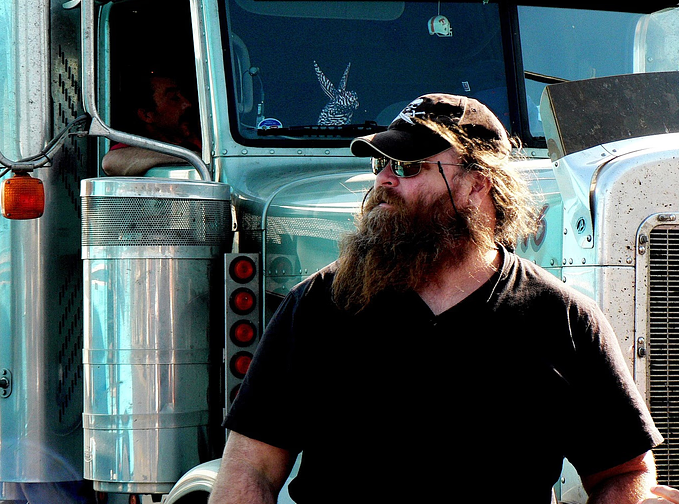Trucking remains one of the most essential nationwide industries in operation today. Truckers and the 18-wheelers they operate are the life’s blood not only of the U.S.A. but every country the world over. Without it, grocery store shelves wouldn’t be stocked with food, hospitals wouldn’t receive the medicines and vital equipment they need to save lives, and businesses would fail to operate since they would go without the material resources required to make lucrative financial transactions.
But as necessary as trucking is to keep the country running, it can also be a dangerous occupation if trucks aren’t properly maintained and driver road safety rules aren’t adhered to. Too many trucking accidents result in innocent injuries and even death. If you should happen to be the victim of a trucking accident, you need to seek out the best lawyer you can find to defend you in a court of law.
Says the pros at Coffey McPharlin, Fort Lauderdale truck accident lawyers, while the trucking industry has progressed significantly over the past six decades. One thing that hasn’t changed is that the average 18-wheeler is 30 times the size of the typical car. That means an accident with a big truck will probably total your vehicle and leave you seriously injured. Many of these accidents can also result in fatality.
For a trucker, the point is not to get into an accident in the first place. One way to make certain this doesn’t happen is by embracing some critical life-saving safety tips that can make your truck far less lethal on the road.
According to a recent report by Smart Trucking, trucking accidents are costly for everyone involved and can seriously impair your official driving record. That said, here are some ways to keep you and your truck safe.
Truckers Must Stay Alert
It’s imperative that you are aware of everything going on around you. You should always look well ahead down the road and all around your rig with the help of mirrors and cameras. If you’re cruising down the highway at a good clip, make certain to plan an escape route, especially if traffic should come to a sudden halt.
Truckers should be aware of who is directly in front of their eighteen-wheeler and who is behind at all times. It’s important to be alert and aware of everything so you can act accordingly, if necessary. Being alert also means being well-rested. An electronic logbook system is said to provide a means for drivers to stay well-rested if used properly by the carrier.
Keep a Close Eye on Weather Reports
Always be aware of the weather conditions that can be expected prior to beginning a trip. Reports should be checked hourly for any unexpected changes.
Outside temperatures need to be taken into account since they are directly related to changing road surface conditions. Being aware of what to expect from Mother Nature will assist a professional trucker with preparing for bad weather driving and taking the necessary safety precautions.
Avoid as Much Traffic as Possible
If possible, it’s essential to avoid traveling at high volume and peak traffic times. The safety equation is simple: the more traffic, the higher the odds of getting into a bad, if not fatal, accident.
Practice Extra Caution During the Dark of Night
Says Smart Trucking, truckers need to exercise additional caution during the night. This is especially true for backing up and for tight maneuvering. Many drivers will leave a truck stop at night and instead of hitting the open road, they end up in a ditch or crashing head on with the back end of a trailer. Nights are for moving slowly and extra cautiously.
Leave Plenty of Room in Front of Your Rig
Truckers need to leave lots of room in front of their vehicles. Maybe it’s frustrating driving only 50 MPH while everyone else is doing 65 MPH or 70 MPH, but this will keep you from crashing. Creating a “buffer zone” in front of your rig will protect your entire truck. More importantly, it will protect you, plus the passengers and drivers of the vehicles all around you.
If anything does go wrong on the road, it’s likely to happen in front of you. This means that the more space you have in front of your rig, the more time you have to react and slow down if required.
In the end, trucking is as necessary as breathing when it comes to keeping the world and its people and organizations running at optimum capacity. However truckers need to practice safety measures that increase their chances of avoiding accidents that can result in serious injury for all parties involved.
Find a Home-Based Business to Start-Up >>> Hundreds of Business Listings.















































